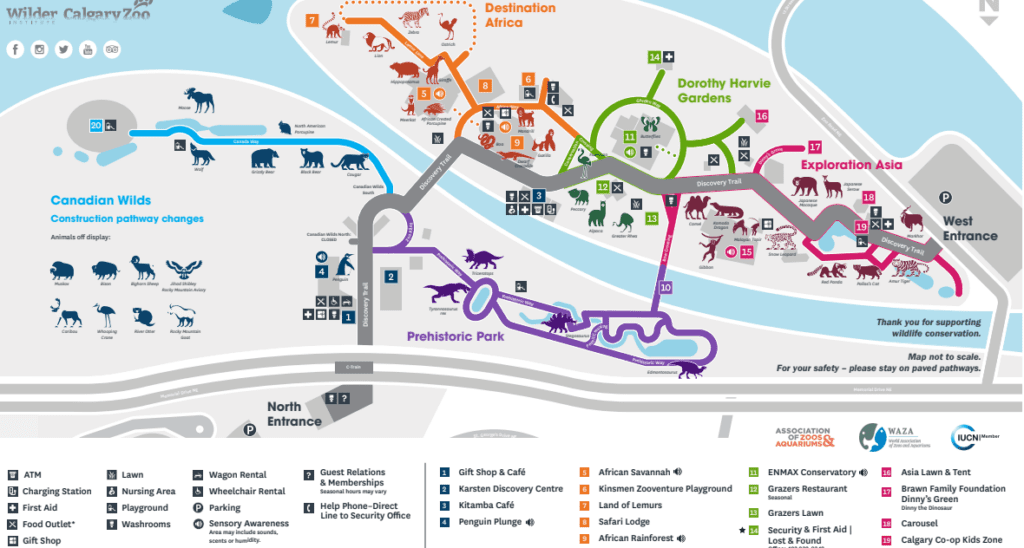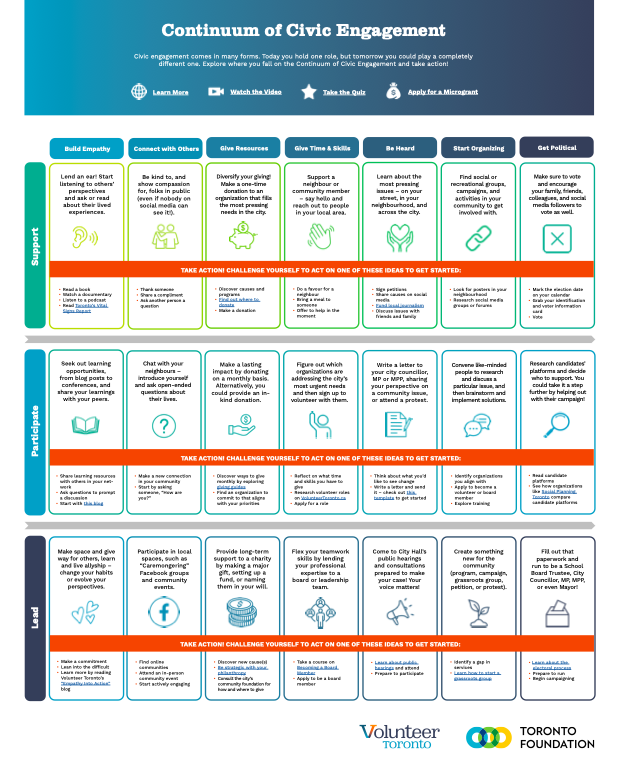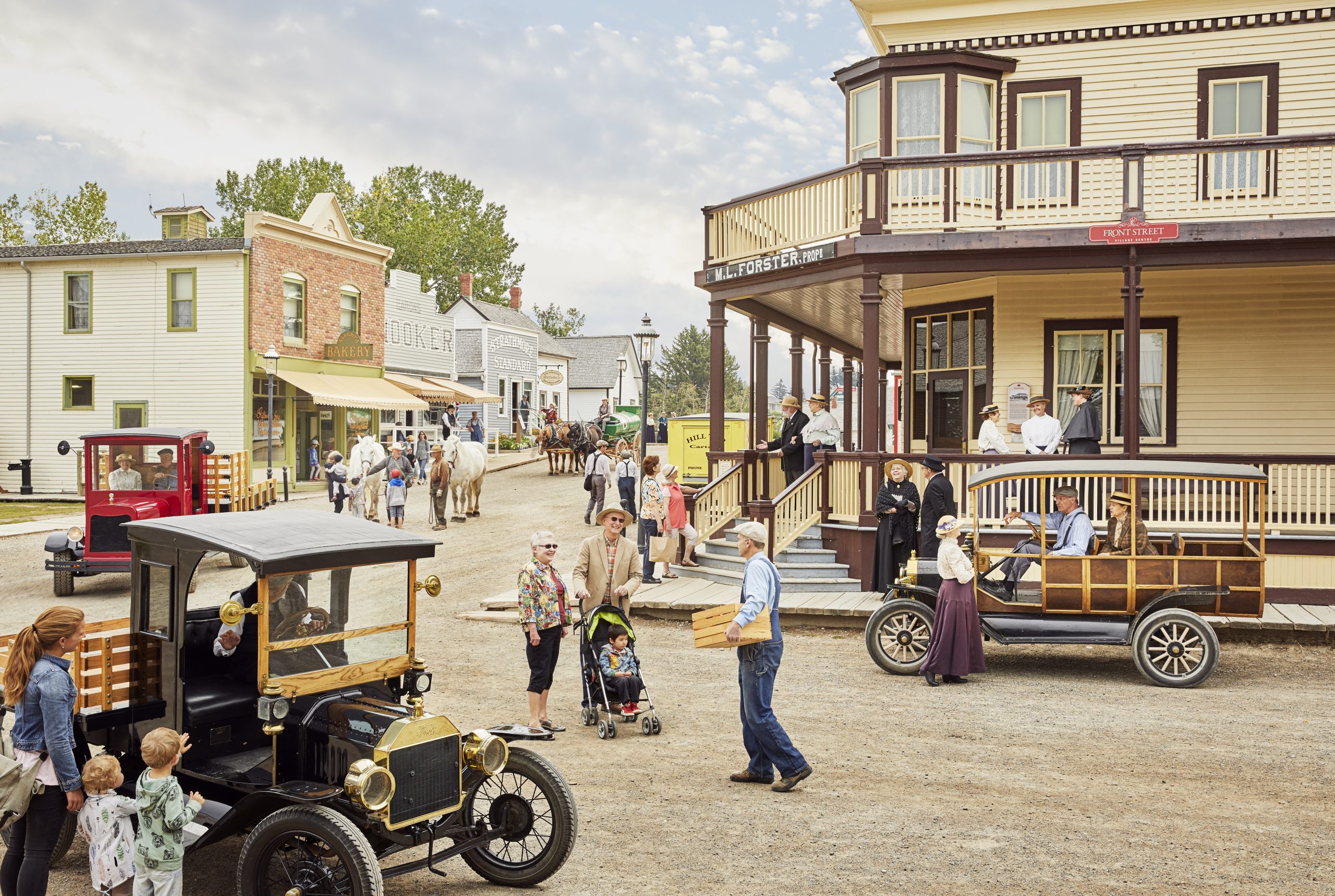 Every year, the Calgary Zoo opens its gates to thousands of visitors eager to explore the wonders of the animal kingdom. However, there's more to the Calgary Zoo than meets the eye. This is the story of a young boy whose journey as a volunteer at the zoo led him down a path to discover his love for acting.
Every year, the Calgary Zoo opens its gates to thousands of visitors eager to explore the wonders of the animal kingdom. However, there's more to the Calgary Zoo than meets the eye. This is the story of a young boy whose journey as a volunteer at the zoo led him down a path to discover his love for acting.
Meet young Jeff, an enthusiastic and curious boy with a heart full of wonder. He was always fascinated by animals, their behaviors, and the stories that unfolded within the zoo's enclosures. Being born and raised in Calgary, Jeff had frequented the zoo since he was a toddler, accompanied by his parents who shared his love for nature and wildlife (read: wanted to shut their talkative little tyke up).
One summer, when Jeff was twelve, he learned about the Calgary Zoo's "Boo at the Zoo" event. It was an annual Halloween celebration where the zoo transformed into a magical, spooky wonderland, complete with costumed characters, pumpkin decorations, and eerie lighting. What intrigued Jeff the most was that the zoo was looking for volunteers to participate in this event. It was an opportunity he couldn't resist.
With youthful enthusiasm, Jeff eagerly signed up to volunteer for "Boo at the Zoo." Lo and behold he even got selected to promote the event on Calgary 2&7’s morning show. Little did he know that this decision to sign up for Boo at the Zoo would be the catalyst for a lifelong passion. As a volunteer, Jeff was assigned various roles, from helping with decorations to guiding visitors through the eerie exhibits. However, his favorite role was playing a friendly, animated scarecrow in the Enchanted Pumpkin Patch.
Dressed in a raggedy costume with straw poking out in all directions, Jeff spent hours interacting with young visitors, telling spooky stories, and helping them feel at ease in what could otherwise be a frightening environment. He quickly discovered that he had a natural flair for storytelling and engaging with people. Parents and children alike were captivated by his charismatic performances. It was during those magical nights at the zoo that something clicked inside Jeff’s heart – he had fallen in love with acting.
As autumn faded into winter, Jeff’s passion for acting continued to burn brightly. Inspired by his experiences at the zoo, he decided to audition for his school's mainstage play. After performing a monologue from the movie Good Will Hunting (“it’s not your fault”) Jeff was cast as one of the leads. His confidence and storytelling skills, honed during his volunteer work, served him well, and he turned in an Oscar Worthy performance (just kidding more like a Gemini winning one). With every line he delivered and every emotion he conveyed; it was clear that Jeff was meant for the stage.
As Jeff’s involvement in acting grew, he found himself dedicating more and more of his time to the craft. He began taking improv classes and participating in local theater productions. His dedication didn't go unnoticed, and soon, he caught the eye of local theater directors who offered him opportunities in professional productions. The boy who had once donned a scarecrow costume at the zoo was now stepping into the spotlight, playing diverse roles and winning the hearts of audiences.
Jeff’s journey from a zoo volunteer to a budding actor was not without its challenges. The demands of school, rehearsals, and performances often left him exhausted. Balancing his studies with his passion for acting required immense dedication and time management. Yet, Jeff persevered, fueled by the love for his craft and the belief that his journey had just begun.
As Jeff’s acting career flourished, he continued to visit the Calgary Zoo with his young family, to show them the place where it all began. He felt a deep sense of gratitude for the opportunities the zoo had provided him and the foundation it had laid for his love of storytelling and performance. He even had the chance to return to "Boo at the Zoo," this time as a guest performer, where he delighted in sharing his passion for acting with a new generation of zoo visitors.
Word of Jeff’s success as an actor spread throughout Calgary, and he became a local celebrity of sorts. His story served as an inspiration to young aspiring actors in the city, reminding them that dreams could be achieved through hard work, dedication, and a little bit of courage.
Jeff’s ourney serves as a testament to the power of unexpected opportunities and the importance of following one's passion. What started as a simple desire to volunteer at the Calgary Zoo's Halloween event transformed into a lifelong love affair with acting. It is a reminder that sometimes, our true calling may be hiding in the most unexpected places.
As the years passed, Jeff’s acting career continued to soar, taking him to stages far beyond Calgary. Yet, he never forgot his humble beginnings as a scarecrow in the Enchanted Pumpkin Patch. Jeff’s story will forever be a part of the tapestry of the Calgary Zoo, where dreams are born, passions are kindled, and the extraordinary is just around the corner.



 Our Next. Symposium group gathered again to further process and reflect on their learnings from the event! Here are some of their key takeaways:
Our Next. Symposium group gathered again to further process and reflect on their learnings from the event! Here are some of their key takeaways:




 (time) feel seen and valued? There are lots of great stories out there. So many organizations that have found a way of acknowledging the people aligned with their causes in a way that matters! Since it is the season for Fall Fairs, it seems apt to share one such example. For those unfamiliar Agricultural Fairs, they take an enormous amount of work, from the exhibitors to the entries to all the 4-H kids and their animals. It is the sort of the event that the planning for the next one starts the week after this year’s event ends. There are a lot of people who make these events happen and not just on the 2-4 days of the event itself, there is set up and takedown. The end tends to be especially onerous as everyone is fatigued from the weeks leading up. So how does one ensure that you have enough helpful hands show up at the end? You offer for lunch a collection of the prize-winning pies of course. There is something deeper than a pie dish at work in this approach that should be acknowledged. It is giving people the chance to gather and spend time in community with each other. It provides the opportunity for connection that so many people are seeking. If you want to chat more about honouring the time that people give to a cause send us an
(time) feel seen and valued? There are lots of great stories out there. So many organizations that have found a way of acknowledging the people aligned with their causes in a way that matters! Since it is the season for Fall Fairs, it seems apt to share one such example. For those unfamiliar Agricultural Fairs, they take an enormous amount of work, from the exhibitors to the entries to all the 4-H kids and their animals. It is the sort of the event that the planning for the next one starts the week after this year’s event ends. There are a lot of people who make these events happen and not just on the 2-4 days of the event itself, there is set up and takedown. The end tends to be especially onerous as everyone is fatigued from the weeks leading up. So how does one ensure that you have enough helpful hands show up at the end? You offer for lunch a collection of the prize-winning pies of course. There is something deeper than a pie dish at work in this approach that should be acknowledged. It is giving people the chance to gather and spend time in community with each other. It provides the opportunity for connection that so many people are seeking. If you want to chat more about honouring the time that people give to a cause send us an 